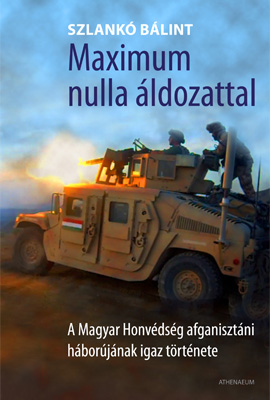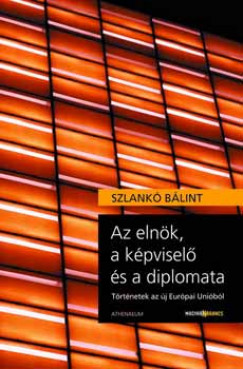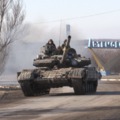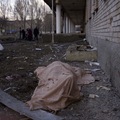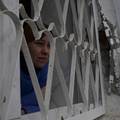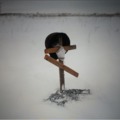Ezt írtam Baglanból. Nem túl katonás, de azért kirakom ide.
Democracy in Afghanistan
Wise council
Village-development councils are taking on more serious roles
Mar 25th 2010 | BEHRE KAMAL | From The Economist print edition
IT TOOK a while to sort out Jama Khan’s estate, a small plot at the foot of the Hindu Kush. Endless wars had made refugees of the whole village. What government they had was remote, slow and corrupt. And so Jama Khan’s land lay fallow for 30 years after his death, his family squabbling over his inheritance all the while.
Until, at long last, the village itself intervened. In the absence of formal government, and even of a traditional council of respected elders, or shura, the local-development council was left to take charge. After consulting the village mullah, it allotted half the land to Jama Khan’s brother, with half to be divided between his two sisters; for Islamic law says a woman shall inherit half of a man’s share. Thus the matter was resolved.
As Afghanistan’s bloody insurgency has worsened over the past few years, critics at home and abroad complain that it was a mistake for the West to try planting such an alien institution as democracy in this rugged land. The debacle of the 2009 elections sharpened their scepticism.
The ostensibly democratic government in Kabul is indeed a mess. But there are signs that in quiet corners of the country, local democracy is making strides. Development councils, established in many villages in 2004 to manage the national government’s development programmes and staffed by locally elected citizens, have flourished in many places. The National Solidarity Programme (NSP) finances small-scale projects—water pumps, small dams, hydropower generators—chosen by the councils themselves. The idea is that locals know their own needs better than do remote ministries and foreign agencies. Annual audits, in which the books are checked publicly and the councillors subjected to questioning by other villagers, are said to be lively affairs. By last April the NSP had spent $593m this way, an average of $33,000 per village per year.
In some places the system has become so popular that after the annual funding runs out the villagers find other sources to petition for further projects—foreign NGOs for example—or even pool resources among themselves. In Behre Kamal, in Baghlan province, locals raised $16,000 to build a mosque. In nearby Markaza Khinjan the local council launched women’s education courses. “We’re not just spending the government’s money. We’re planning for our future,” says Abdul Jabar, the council’s chairman, beaming with pride.
Councils have begun picking up responsibilities that were abandoned by the government. In a country where many official institutions are paralysed by incompetence and corruption, there is an obvious void. When development councils have stepped in, they have sometimes pushed aside the shuras, which tend to be composed of the richer and more powerful villagers. Jama Khan’s relatives had tried to get the district court—three hours’ drive each way—to settle their inheritance dispute. But the case dragged on endlessly, the judge demanding bribes from both parties. In the end, they turned to the one body they trusted. “This is better than a faraway court. We live here, we know these things better,” explains Mahmad Azar, Behre Kamal’s council chair.
These councils are now settling ordinary criminal cases as well as family disputes. Markaza Khinjan’s council stopped the practice of using women as payment in blood feuds, with guidance from the Aga Khan Foundation, an NGO that trains many of the councils. The foundation has praised the councils’ responsiveness to local needs. It also suggests that the rigour of standing for election may have helped focus the minds of the councillors.
To be sure, elections alone are no guarantee of anything. Corruption may become a greater problem. And some councils have been hijacked by local strongmen just the same. But even that is not all bad: it suggests the bullies are starting to recognise the councils’ power. In the life of Afghanistan’s villages even a modicum of democracy is worth something.


